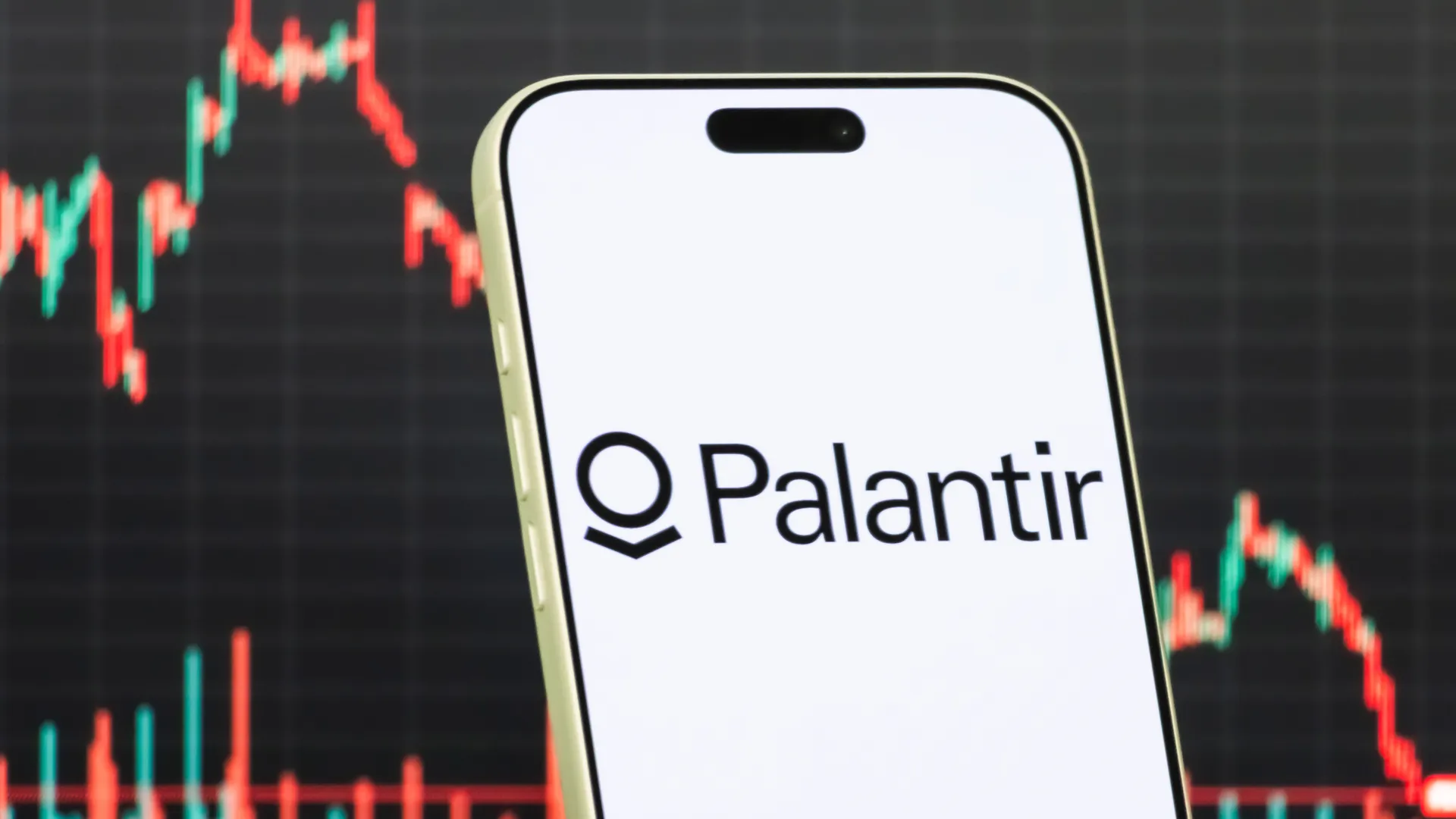Before US President Donald Trump’s tariffs sent markets into a tailspin, many CEOs were already expressing concerns about the support they were receiving from their boards of directors, according to a recent survey, Reuters reports.
Conducted by consultancy Spencer Stuart in late 2024, the study found that just 22% of the corporate chief executives surveyed felt their boards were effectively helping them navigate the increasing uncertainty in the business world.
The survey, which included 787 CEOs and 1,694 directors, revealed that while board members were generally more satisfied with their own performance, only 43% felt that their boards were providing effective support to top management in a rapidly changing and complex business environment.
The tariffs imposed by the Trump administration, which targeted goods entering the US, have added significant stress to an already volatile global trade environment. Markets have been unsettled, governments have struggled to respond, and many companies are faced with tough decisions. According to Jason Baumgarten, head of CEO and board practice at Spencer Stuart, the combination of global trade challenges and differing opinions on policies has made the CEO’s role even more difficult in recent weeks.
“CEOs are reaching out to their boards for guidance,” Baumgarten said. “This moment is really stress-testing the relationship between boards and CEOs.”
Boards, which often consist of current and former executives from other companies, meet several times a year and have a legal duty to hold top managers accountable. A recent study showed that boards have become more willing to dismiss underperforming CEOs. Despite this, the survey found that many CEOs are dissatisfied with the level of engagement and advice they are receiving from their boards, particularly during times of crisis.
One CEO interviewed for the report expressed frustration, stating that while the quarterly advisory nature of boards was acceptable during more stable times, it fell short in volatile periods.
“It would be great to feel like your board is operating with an ‘all-hands-on-deck’ attitude when they see you and your team working incredibly hard day and night and weekends to deliver for them,” the CEO remarked.
In response to these challenges, more companies are seeking to diversify their boards by adding active CEOs, a trend driven partly by the lessons learned during the COVID-19 pandemic. The disruptions caused by the pandemic, including the shift to virtual work and the strain on supply chains, have highlighted the need for more hands-on expertise at the board level. Baumgarten noted that compared to previous decades, many boards now have fewer active executives, a factor that may limit the level of practical, real-time support that CEOs can expect.










The latest news in your social feeds
Subscribe to our social media platforms to stay tuned